Standard Mattress Sizes Guide
When it comes to buying a new mattress, the size is one of the most important factors to consider. After all, you want to make sure you have enough space to sleep comfortably, whether you’re sleeping alone or with a partner. To help you make the right decision, here is a guide to standard mattress sizes and the recommended mattress box spring thickness for each size.
Mattress Thickness: What to Consider for Your Best Sleep Yet
The thickness of a mattress can greatly impact your sleep experience. It’s not just about how high or low the mattress is, but also about the materials and support it provides. A thicker mattress can offer more cushion and support, while a thinner one may be more suitable for those who prefer a firmer surface. Consider your sleeping preferences and needs when choosing the thickness of your mattress.
How to Choose a Box Spring
Box springs are an essential part of a bed, providing support and extending the life of your mattress. When choosing a box spring, it’s important to consider the thickness and the type of support it offers. Some box springs have a solid surface, while others have springs or slats, and the thickness can vary. Make sure to choose a box spring that is compatible with your mattress for optimal support and comfort.
Understanding Mattress Thickness
There is no one-size-fits-all answer for how thick a mattress should be, as it depends on factors such as the type of mattress and personal preferences. However, there are some general guidelines to keep in mind. For example, a thicker mattress may be better for heavier individuals or those with back pain, while a thinner one may be more suitable for children or those who prefer a firmer surface.
Box Spring Buying Guide
When shopping for a box spring, there are a few things to keep in mind to ensure you make the right decision. First, consider the type of support you need – solid, spring, or slats. Then, make sure to choose a box spring that is the same size as your mattress. Lastly, consider the thickness of the box spring and how it will affect the overall height of your bed. A thicker box spring may be necessary for taller individuals or for those who prefer a higher bed.
What is the Standard Thickness of a Box Spring?
The standard thickness of a box spring is typically 9 inches, but it can vary depending on the manufacturer and the type of support it offers. This thickness is suitable for most mattresses and provides adequate support for a comfortable sleep experience. However, if you have specific needs or preferences, you may want to consider a thicker or thinner box spring.
How to Measure a Box Spring
If you’re unsure of the thickness of your current box spring or are looking to purchase a new one, it’s important to measure it correctly. Use a tape measure to measure the height from the ground to the top of the box spring. Make sure to measure from the bottom of the box spring, where it meets the bed frame, to the top. This will give you an accurate measurement of the thickness.
Box Spring vs. Foundation: What's the Difference?
While box springs and foundations may seem similar, they serve different purposes. A box spring is designed to provide support and absorb shock, while a foundation is a solid structure that supports the mattress. A box spring is typically used with spring mattresses, while a foundation can be used with any type of mattress. When choosing between the two, consider your mattress type and the level of support you need.
How to Choose the Right Mattress Thickness for Your Body Type
As mentioned earlier, the thickness of a mattress can greatly impact your sleep experience. This is especially true for heavier individuals, who may need a thicker mattress for proper support and comfort. A thicker mattress can also provide more cushioning for pressure points and help alleviate back pain. On the other hand, those who are lighter or have a smaller body frame may prefer a thinner mattress for a firmer surface.
Mattress Thickness: What's the Best for You?
In the end, the best mattress thickness for you will depend on a variety of factors, including your sleeping preferences, body type, and any specific needs or concerns. Take the time to research and test out different thicknesses to find the one that provides the most comfortable and supportive sleep experience for you.
The Importance of Choosing the Right Mattress Box Spring Thickness for Optimal Comfort and Support
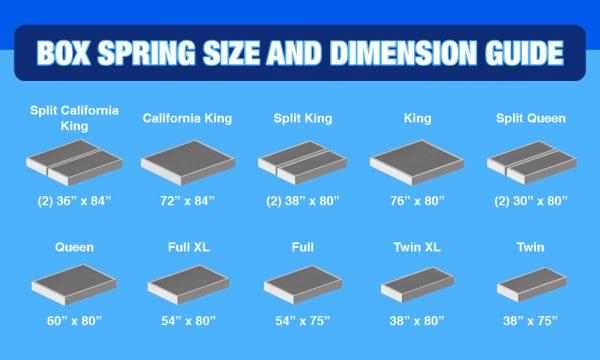 When it comes to designing your dream home, one of the most important factors to consider is the comfort and support of your bedroom. After all, the bedroom is where you go to relax and rejuvenate after a long day, and a good night's sleep is essential for your overall well-being. This is why it's crucial to pay attention to every detail, including the thickness of your
mattress box spring
. Let's take a closer look at why the
thickness
of your
box spring
matters and how to choose the right one for your needs.
When it comes to designing your dream home, one of the most important factors to consider is the comfort and support of your bedroom. After all, the bedroom is where you go to relax and rejuvenate after a long day, and a good night's sleep is essential for your overall well-being. This is why it's crucial to pay attention to every detail, including the thickness of your
mattress box spring
. Let's take a closer look at why the
thickness
of your
box spring
matters and how to choose the right one for your needs.
What is a Box Spring and Why is it Important?
The Importance of Thickness
 When it comes to
box spring thickness
, there is no one-size-fits-all solution. The ideal thickness will vary depending on your body weight, the type of
mattress
you have, and personal preference. However, there are some general guidelines to keep in mind.
Thicker
box springs
are typically more supportive and durable, making them a good choice for heavier individuals or those with
mattresses
that require extra support. On the other hand, thinner
box springs
may be more suitable for lighter individuals or those with
mattresses
that are already firm and supportive.
When it comes to
box spring thickness
, there is no one-size-fits-all solution. The ideal thickness will vary depending on your body weight, the type of
mattress
you have, and personal preference. However, there are some general guidelines to keep in mind.
Thicker
box springs
are typically more supportive and durable, making them a good choice for heavier individuals or those with
mattresses
that require extra support. On the other hand, thinner
box springs
may be more suitable for lighter individuals or those with
mattresses
that are already firm and supportive.
How to Choose the Right Thickness
 To determine the
box spring thickness
that is right for you, it's essential to consider your body weight and the type of
mattress
you have. A general rule of thumb is to choose a
box spring
that is at least 2 inches thicker than your
mattress
. For example, if you have a 10-inch
mattress
, a 12-inch
box spring
would be a suitable choice.
If you are a heavier individual or have a
mattress
that requires extra support, you may want to opt for a thicker
box spring
of 14 inches or more. Alternatively, if you are a lighter individual or have a firm
mattress
, a thinner
box spring
of 8-10 inches may be more suitable.
In conclusion, the
thickness
of your
box spring
plays a crucial role in providing the optimal comfort and support for your
mattress
. By considering your body weight and the type of
mattress
you have, you can choose the right
box spring thickness
to ensure a restful and comfortable night's sleep. So, when designing your dream bedroom, don't overlook the importance of this often overlooked yet essential piece of furniture.
To determine the
box spring thickness
that is right for you, it's essential to consider your body weight and the type of
mattress
you have. A general rule of thumb is to choose a
box spring
that is at least 2 inches thicker than your
mattress
. For example, if you have a 10-inch
mattress
, a 12-inch
box spring
would be a suitable choice.
If you are a heavier individual or have a
mattress
that requires extra support, you may want to opt for a thicker
box spring
of 14 inches or more. Alternatively, if you are a lighter individual or have a firm
mattress
, a thinner
box spring
of 8-10 inches may be more suitable.
In conclusion, the
thickness
of your
box spring
plays a crucial role in providing the optimal comfort and support for your
mattress
. By considering your body weight and the type of
mattress
you have, you can choose the right
box spring thickness
to ensure a restful and comfortable night's sleep. So, when designing your dream bedroom, don't overlook the importance of this often overlooked yet essential piece of furniture.

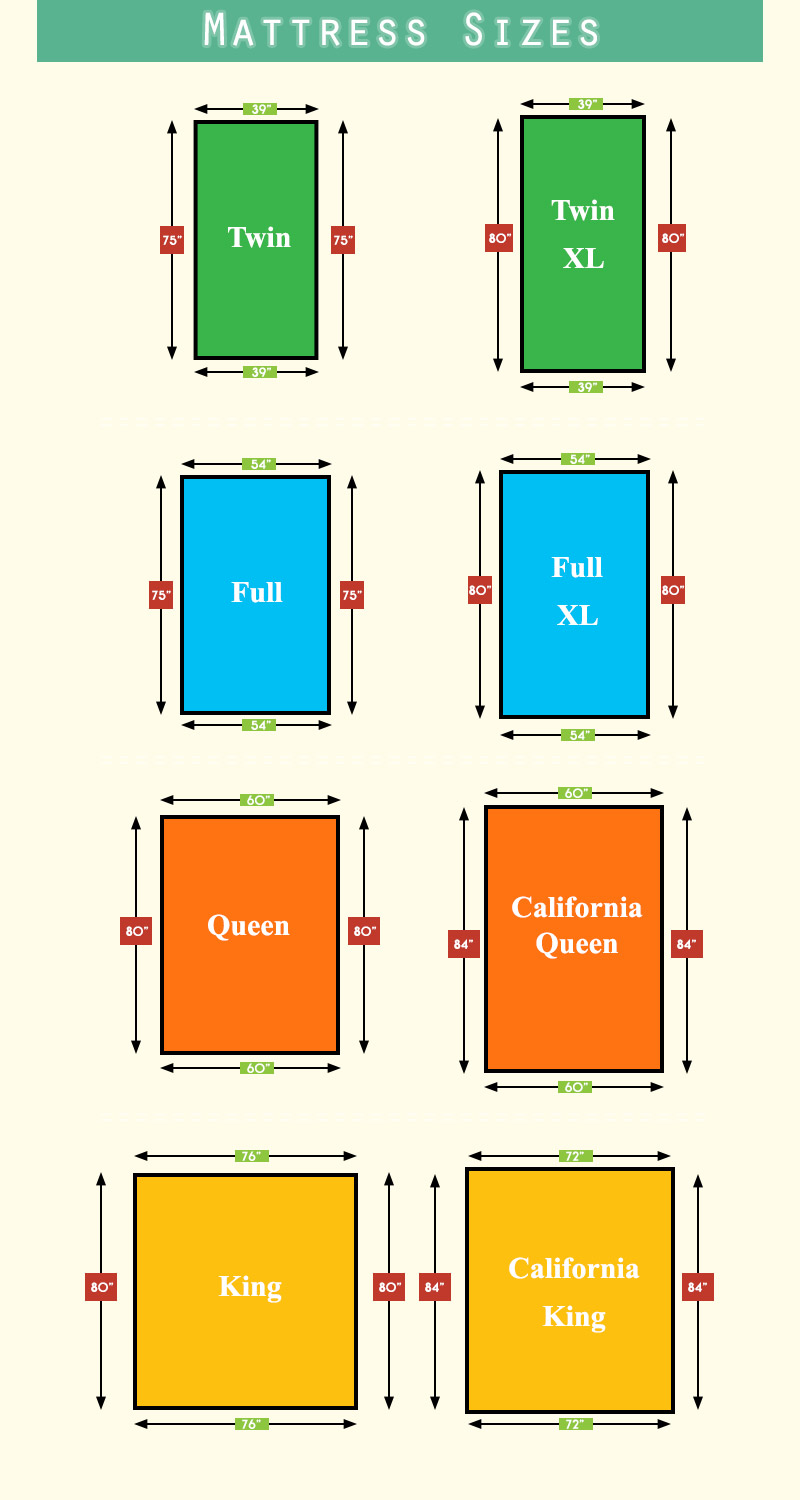


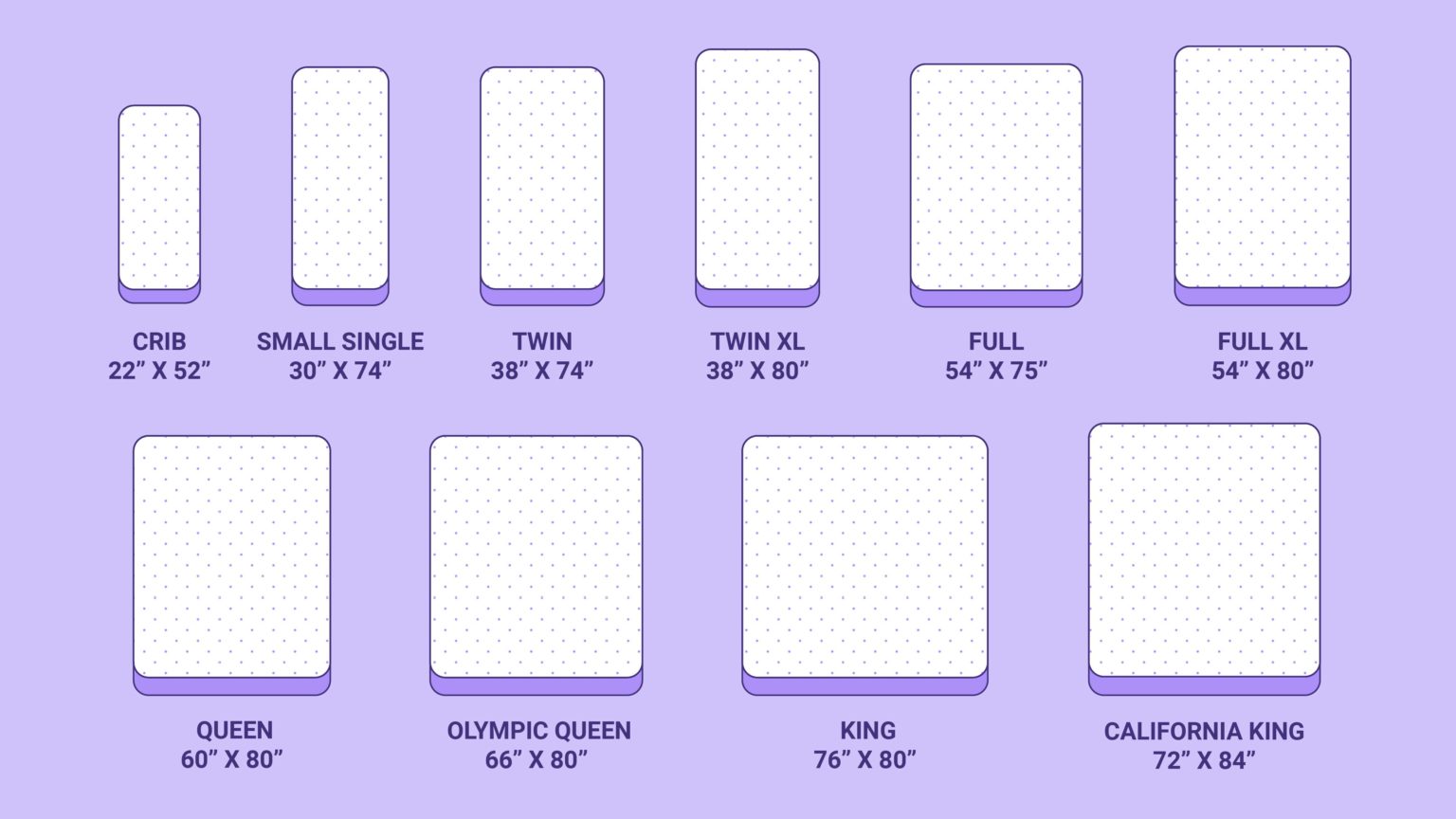

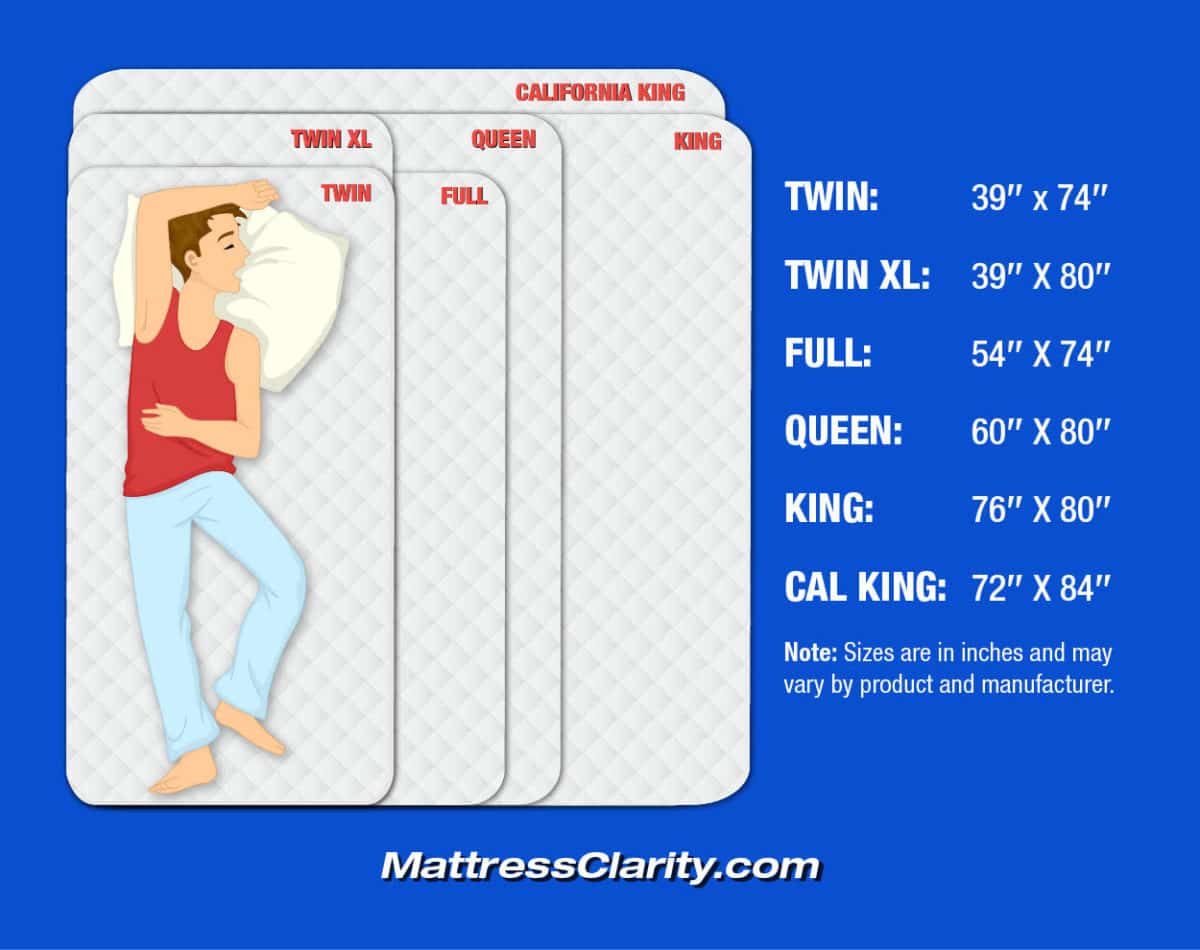
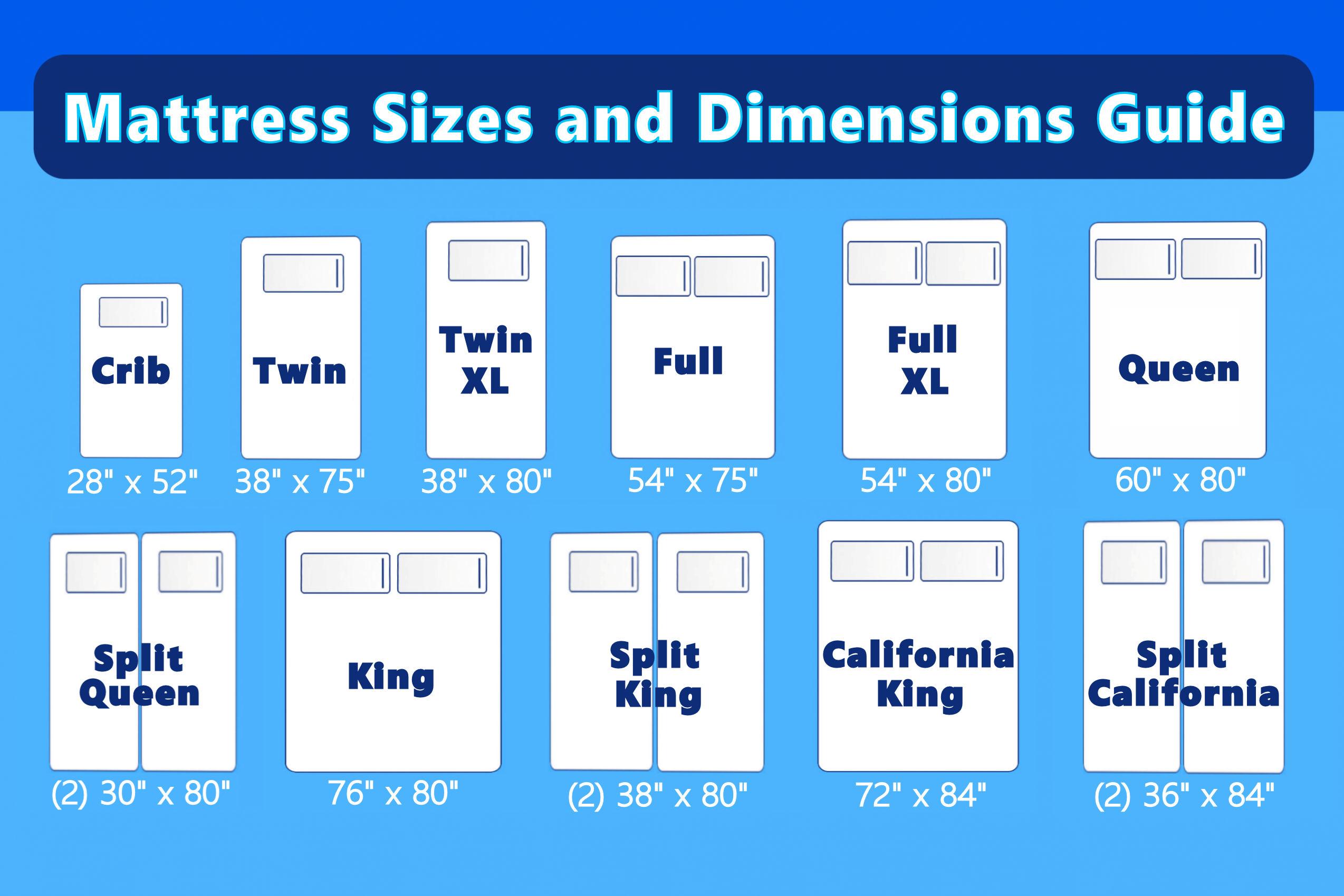
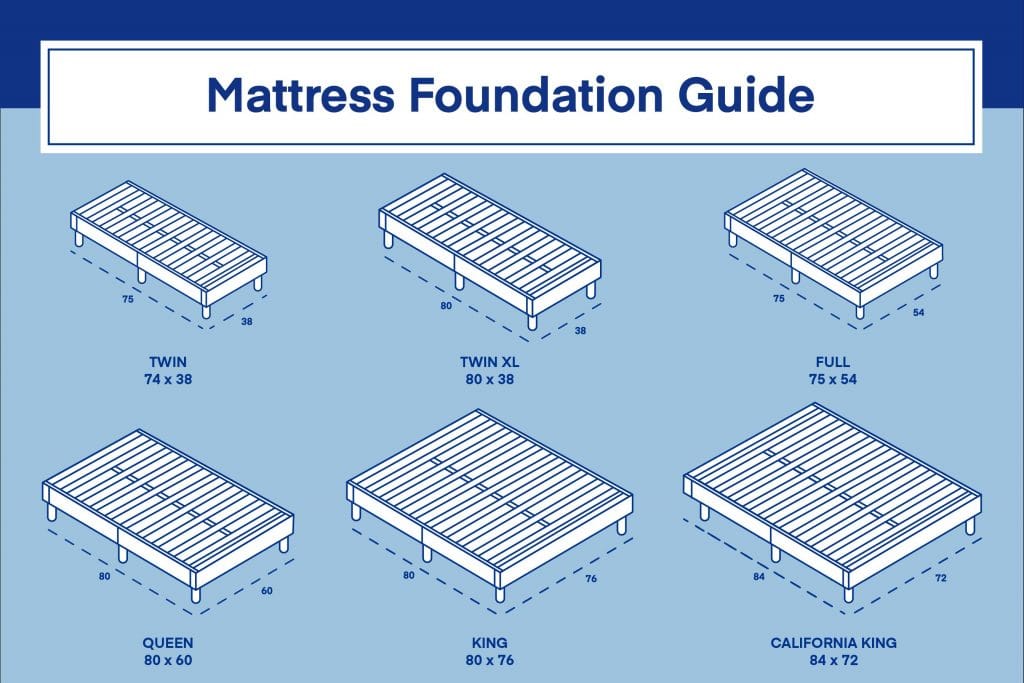
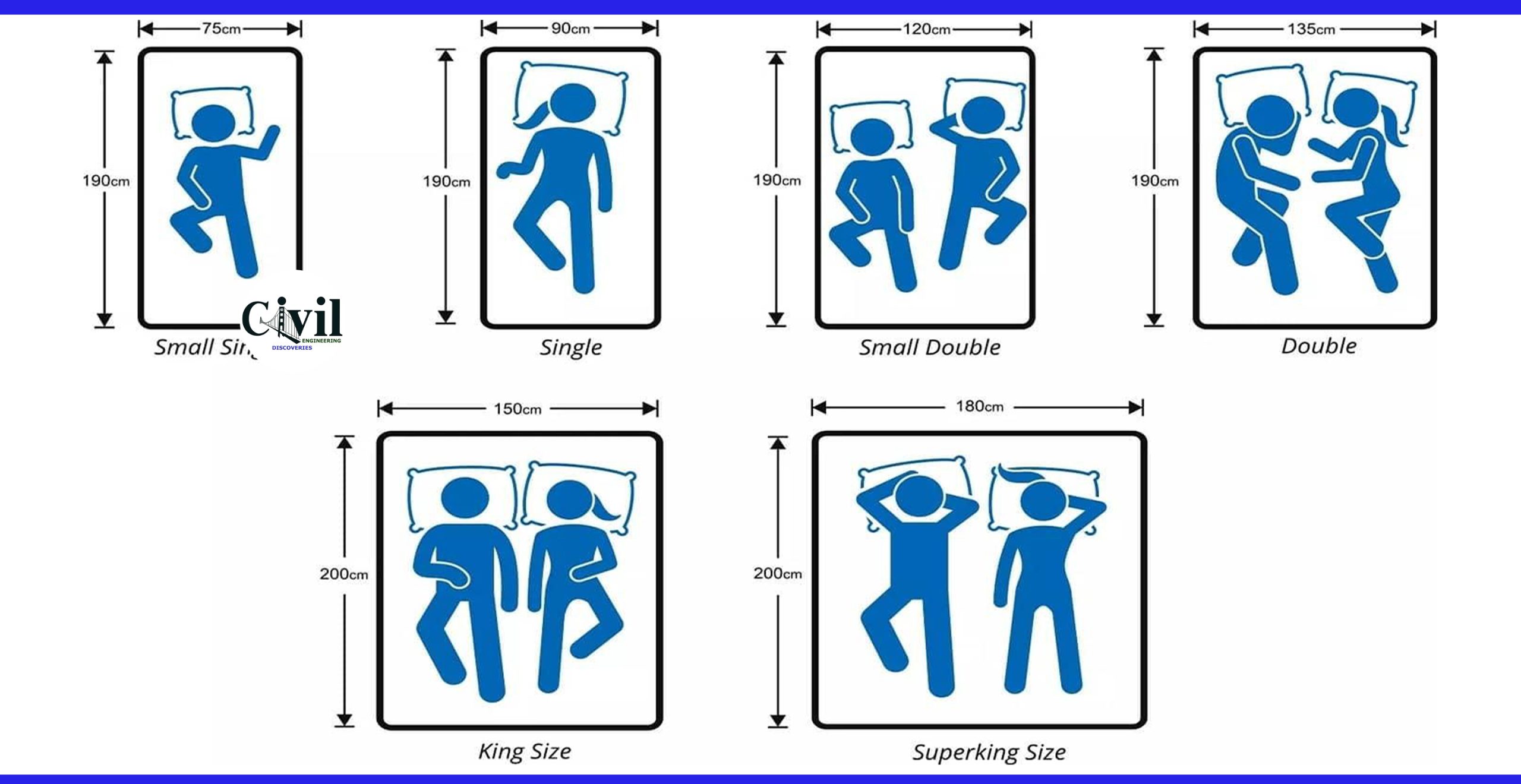






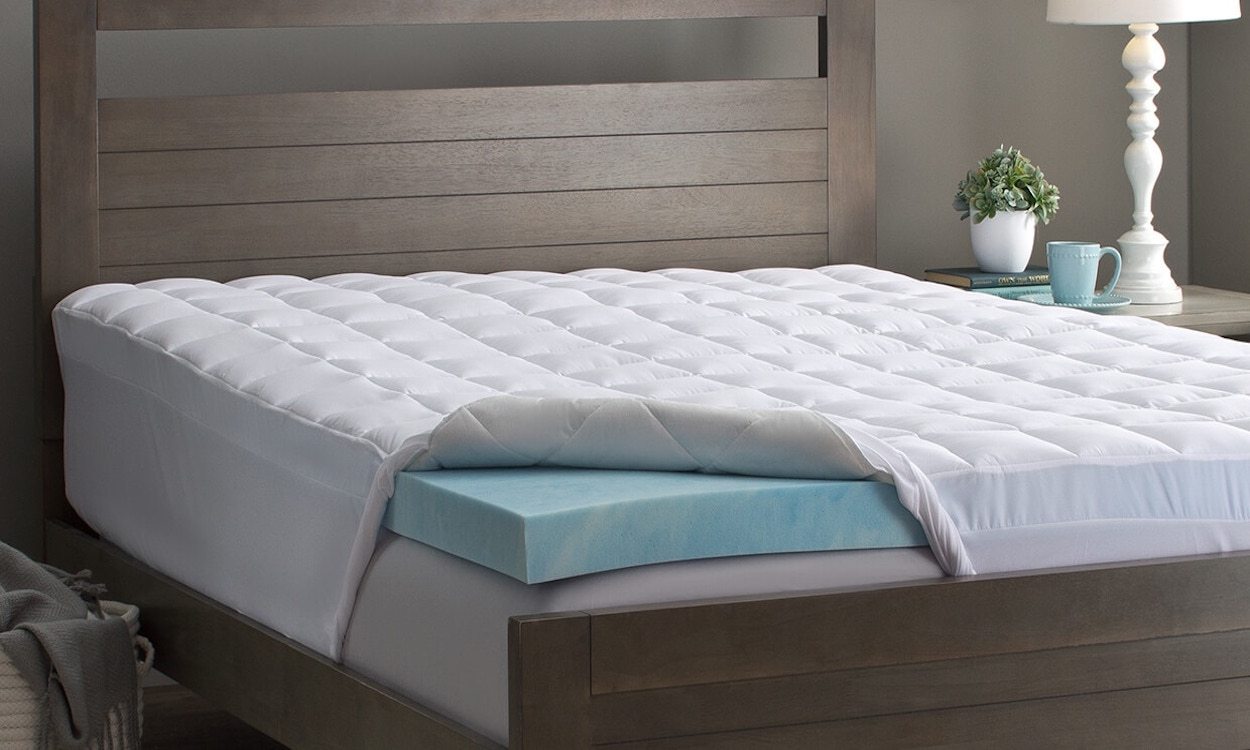
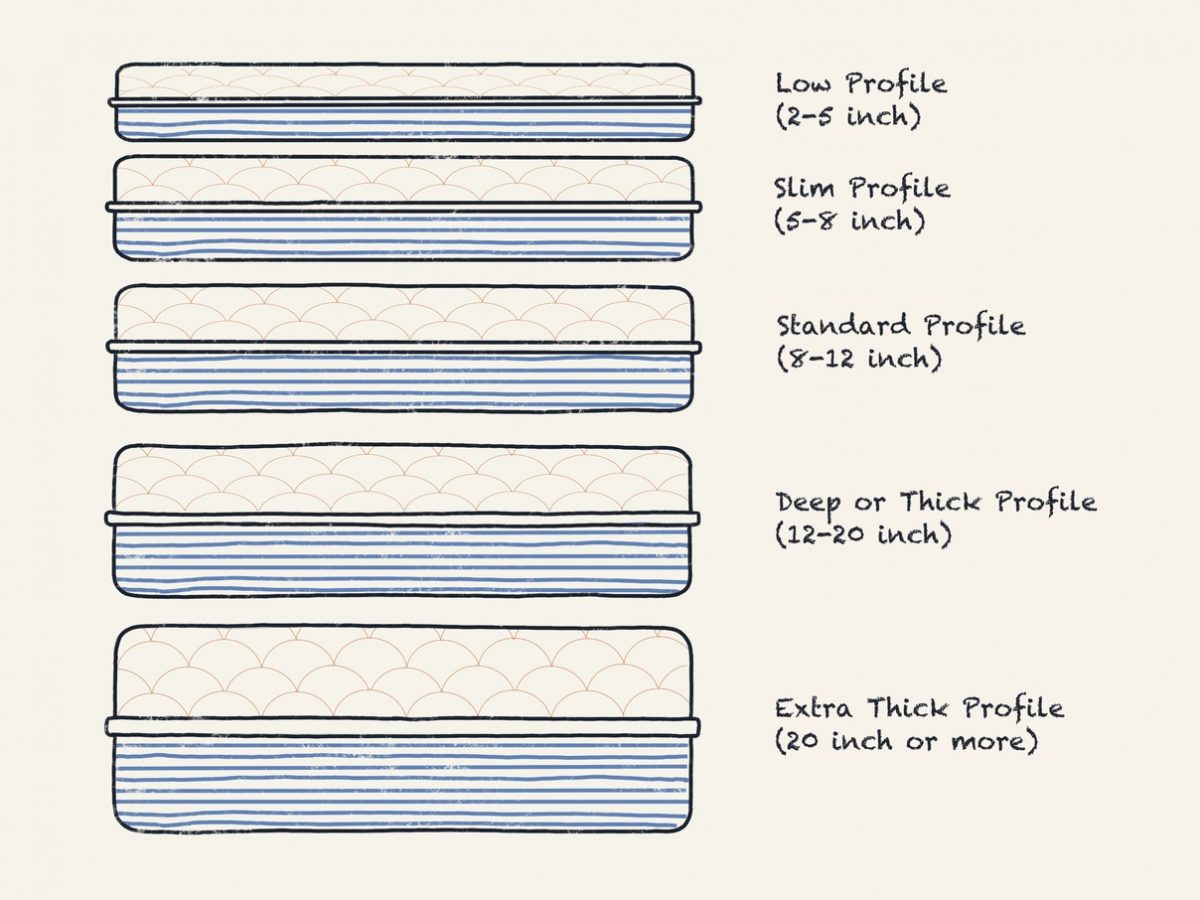
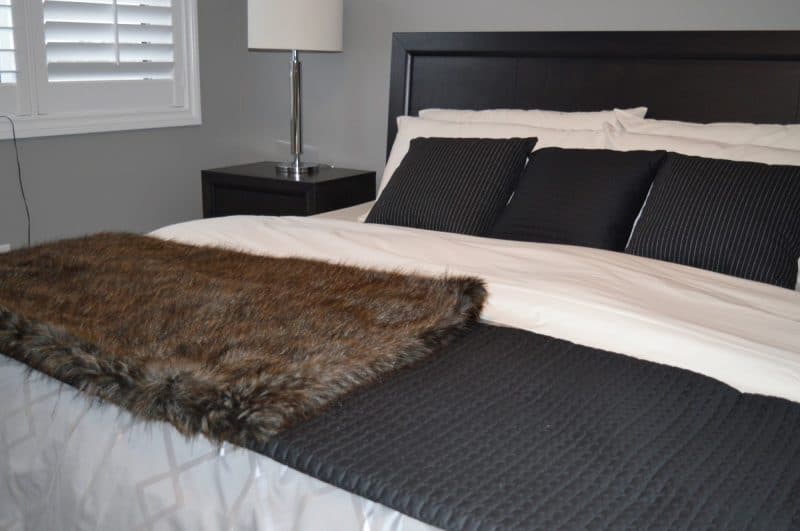


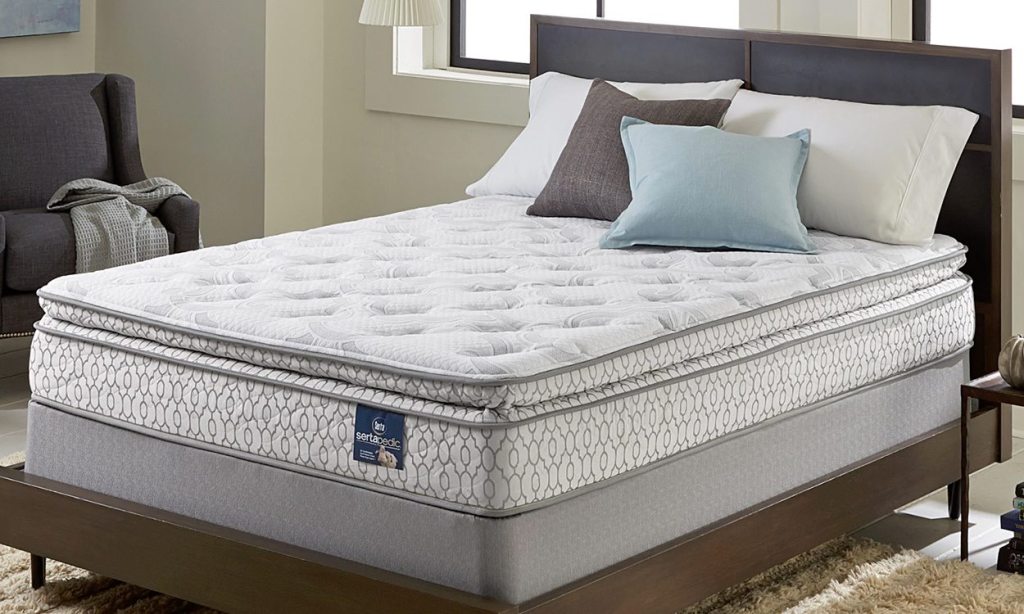







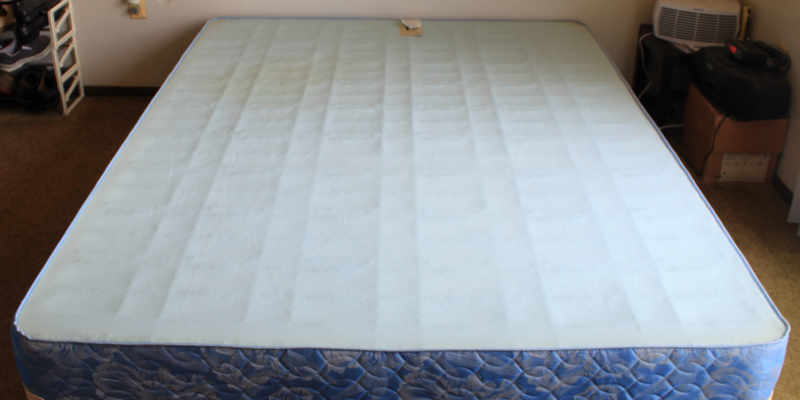





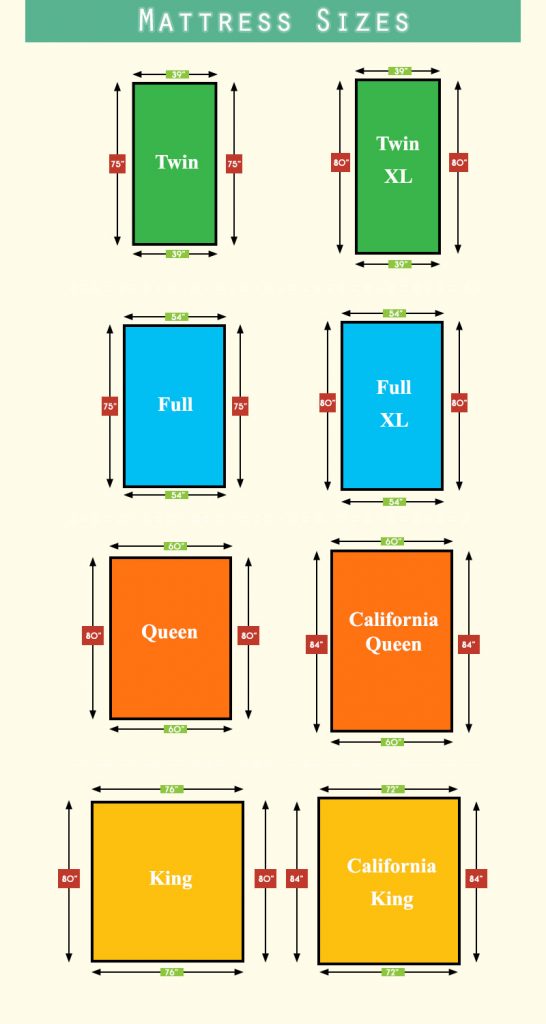


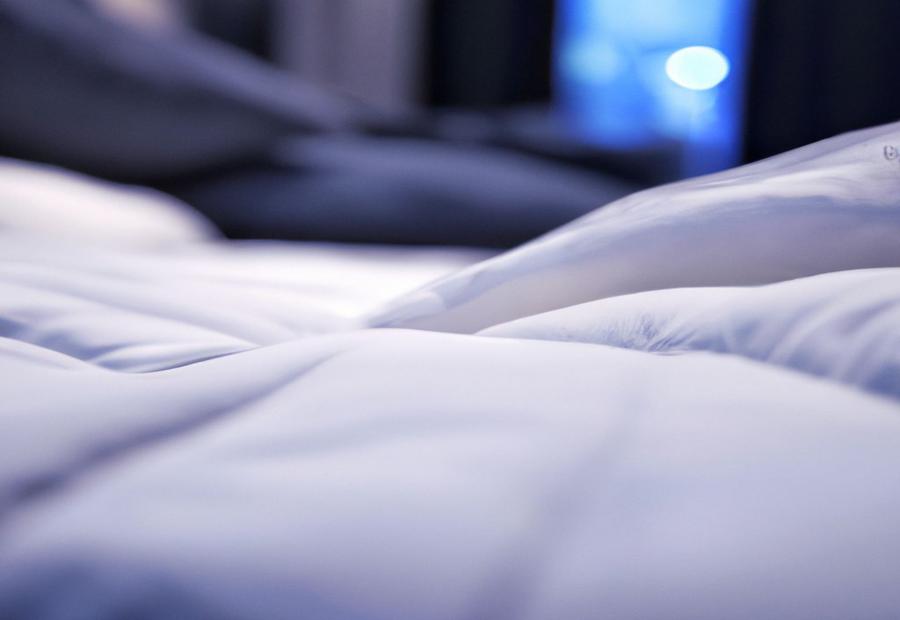

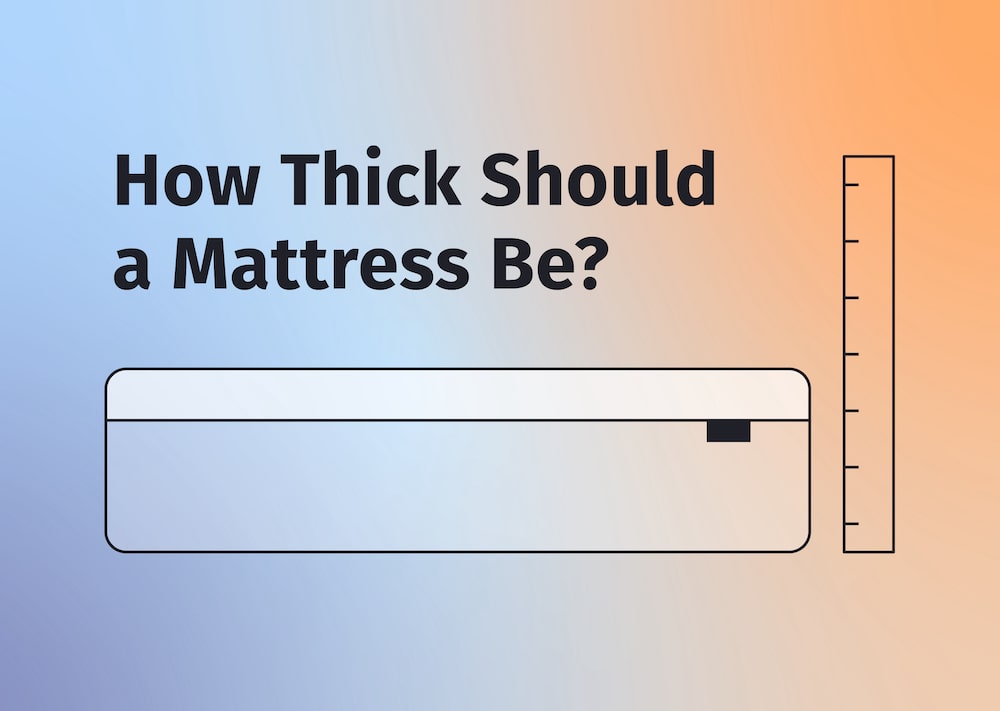
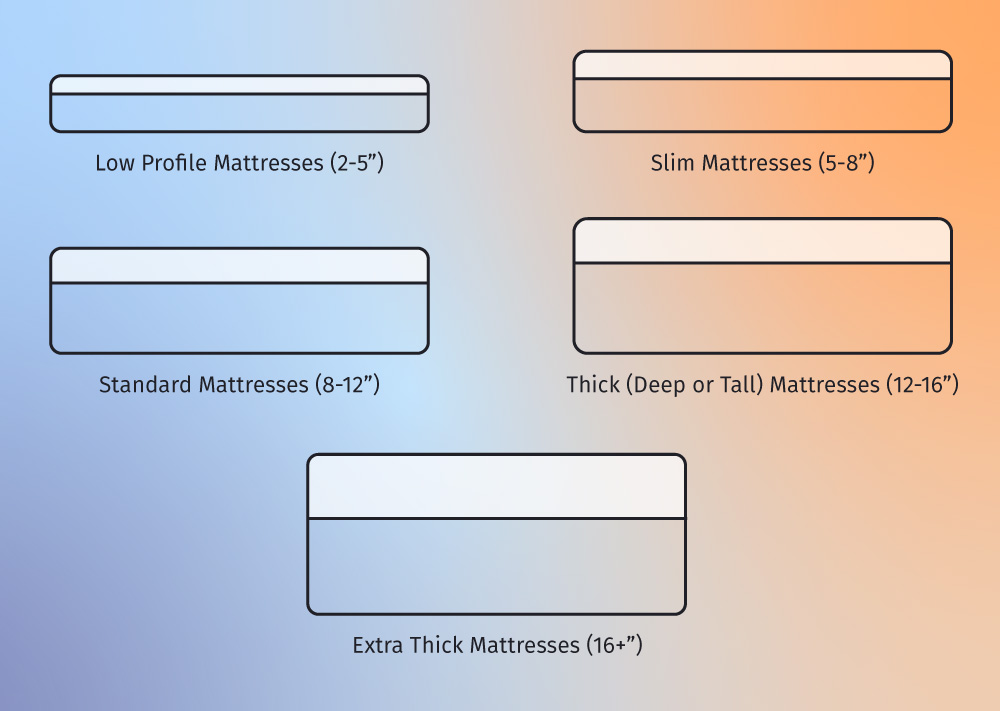
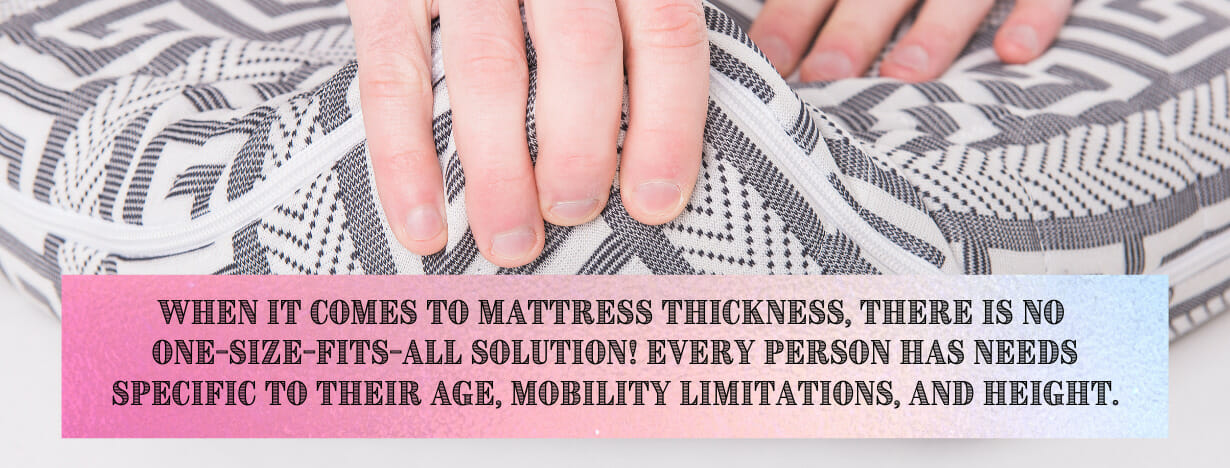
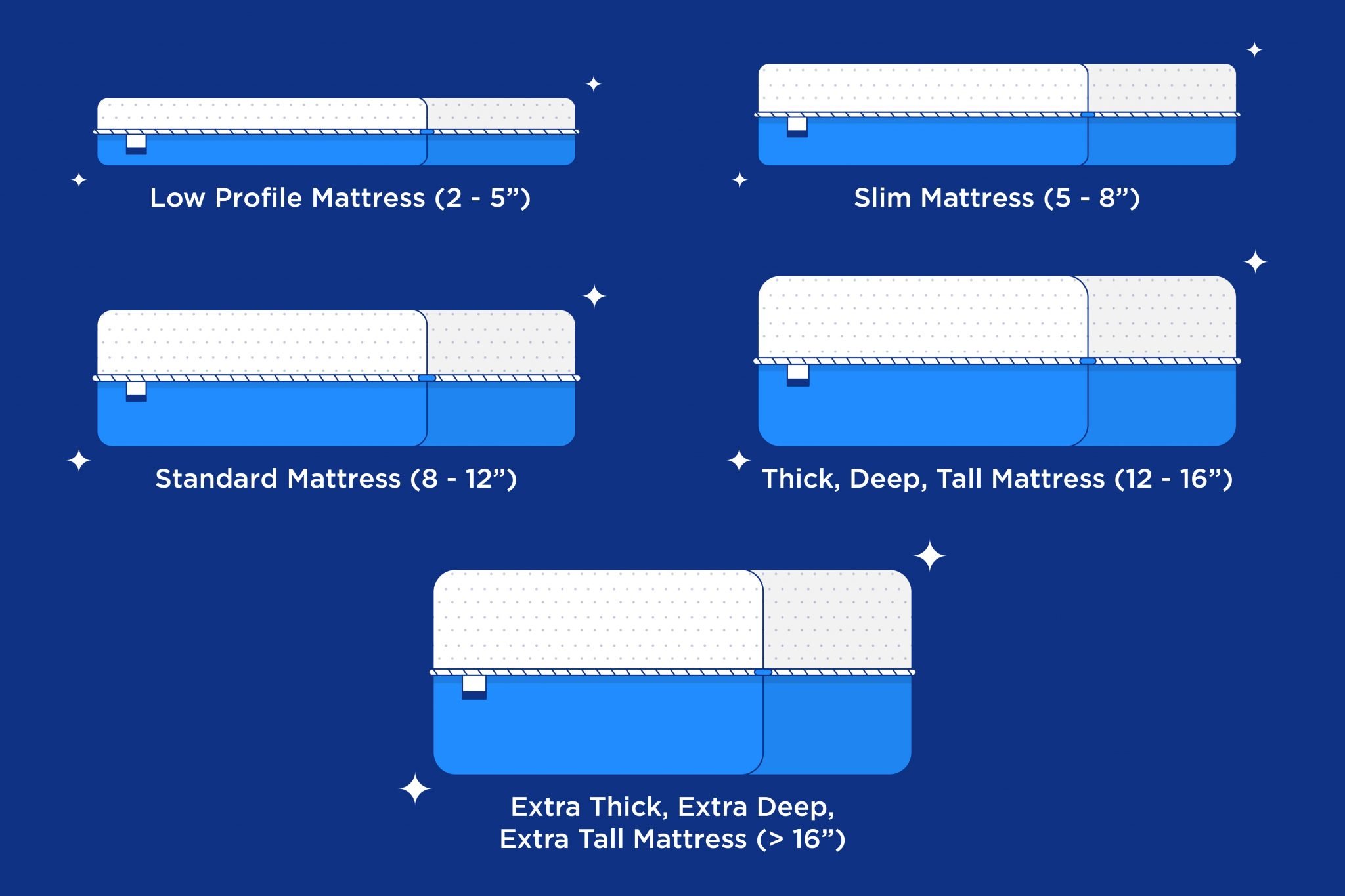
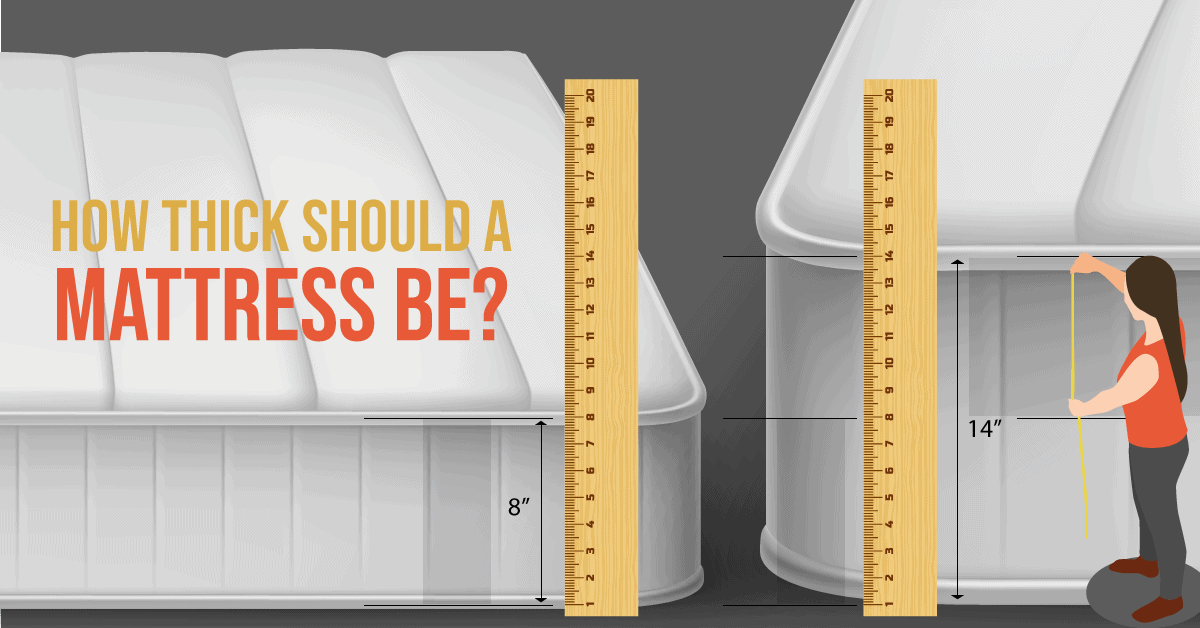
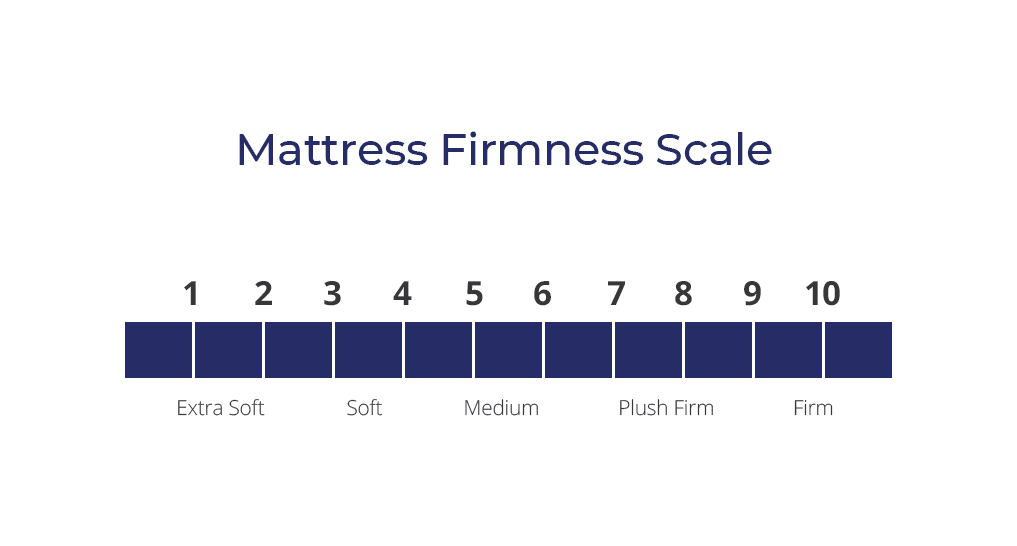
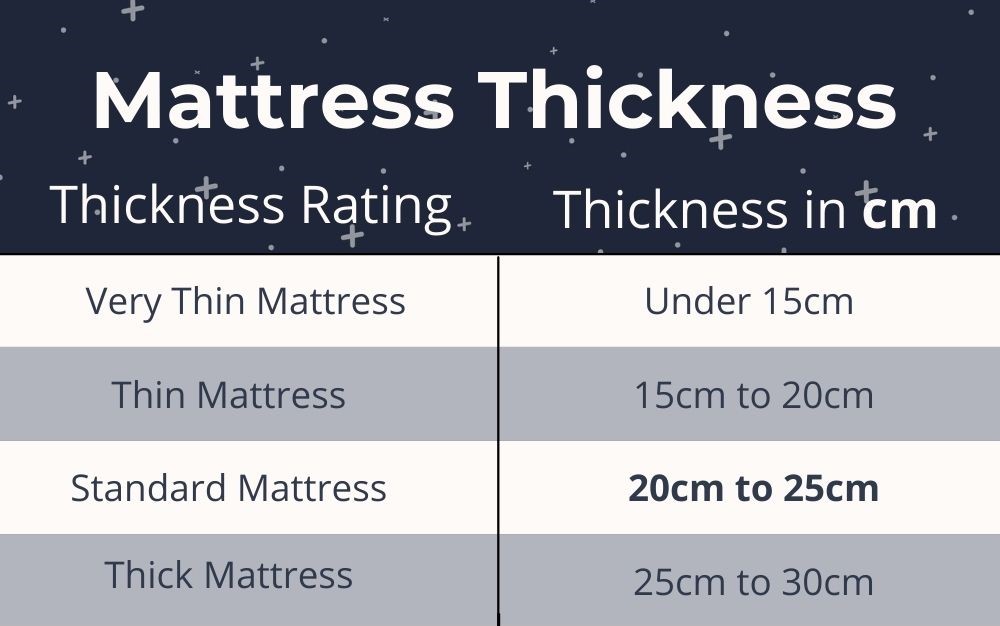
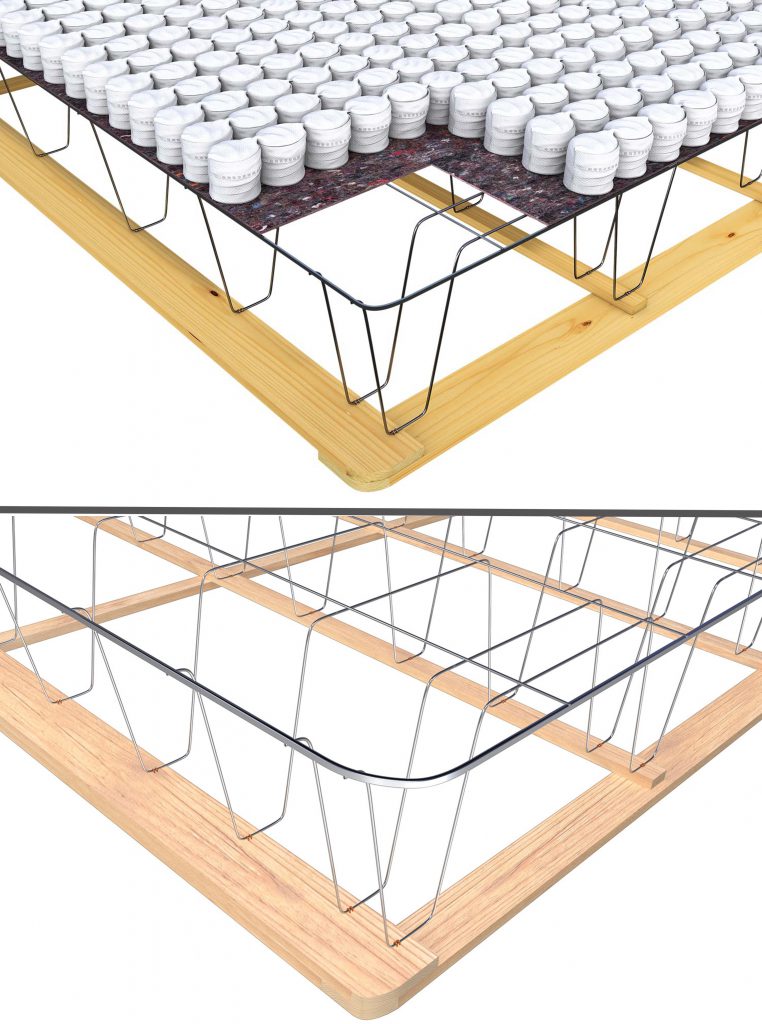

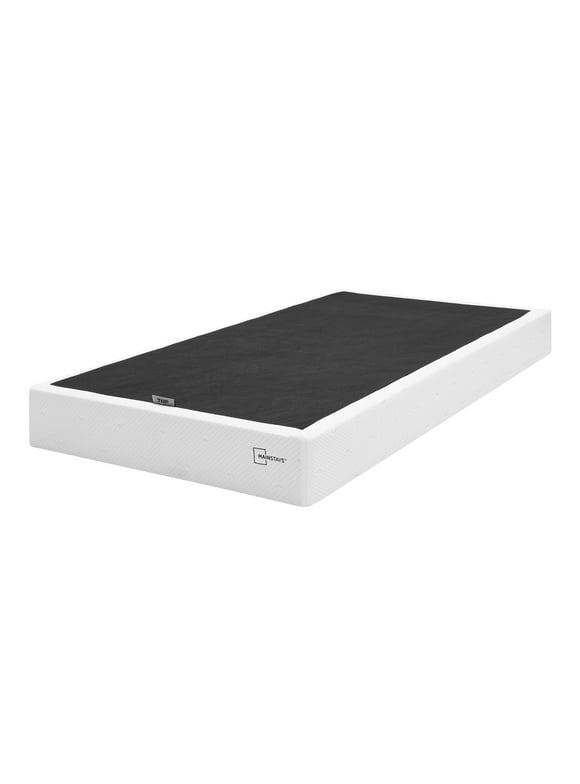
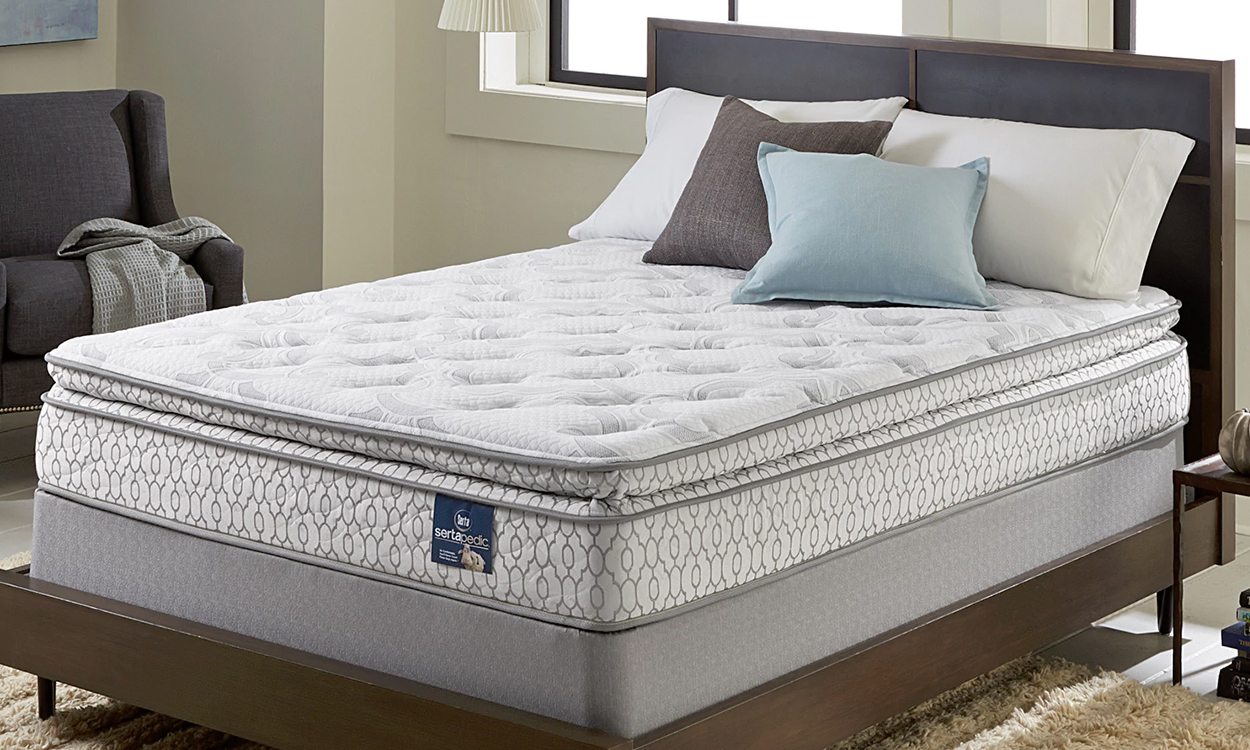


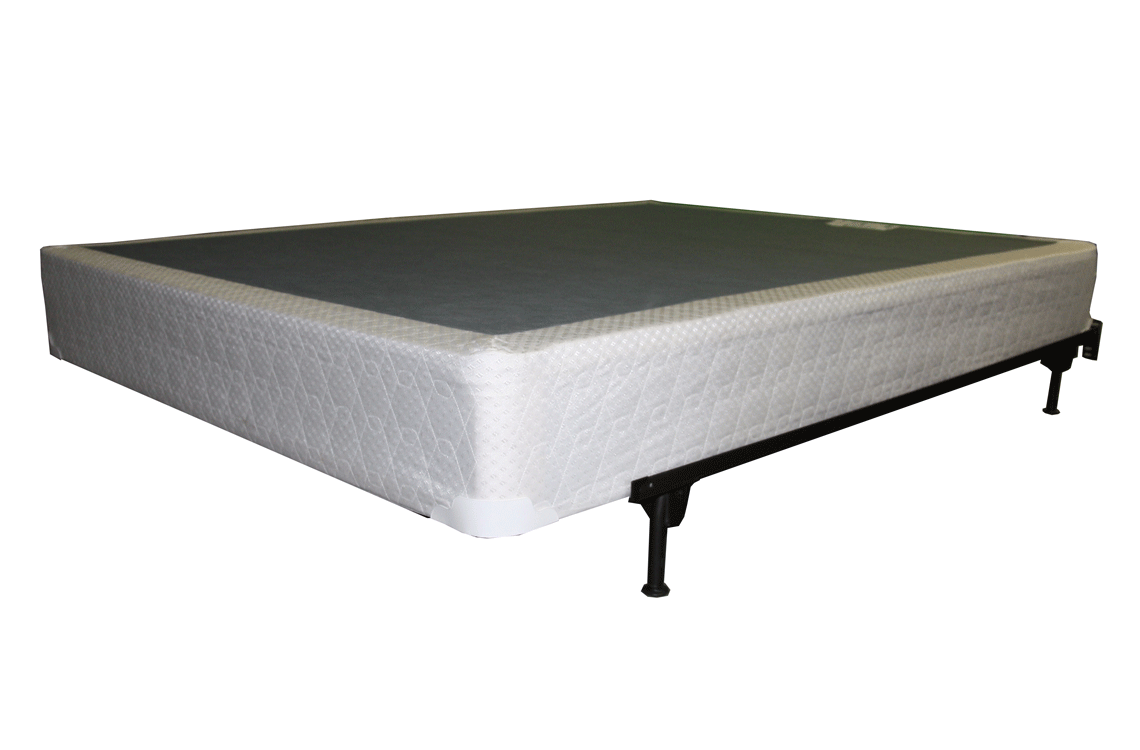




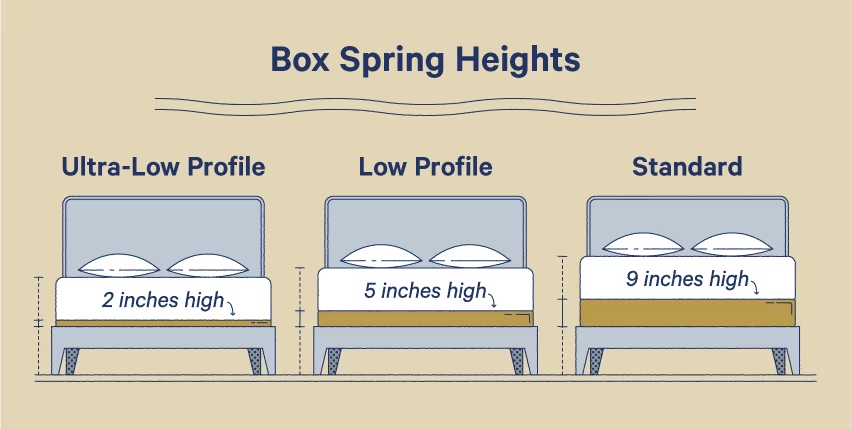

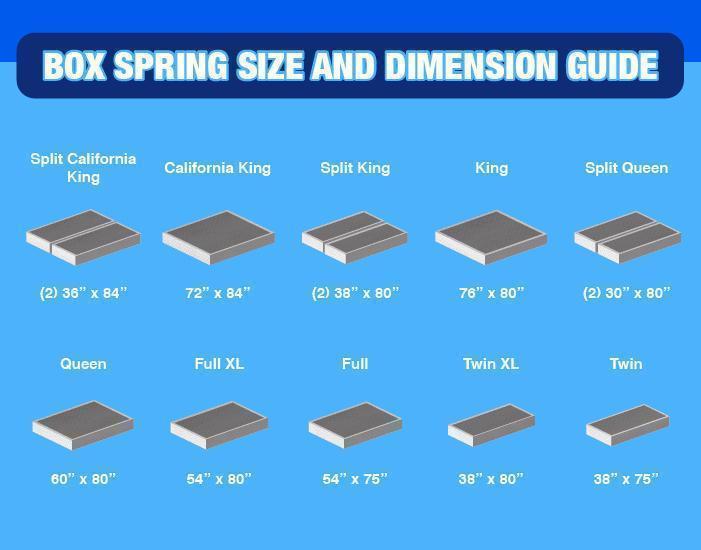

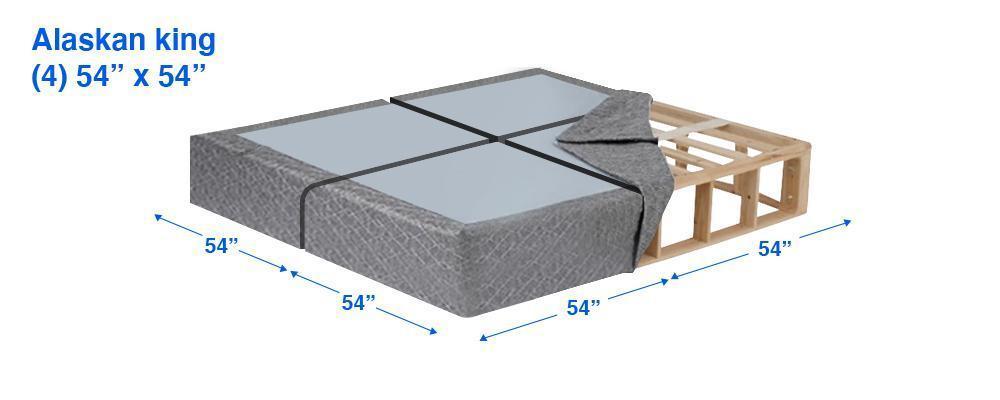
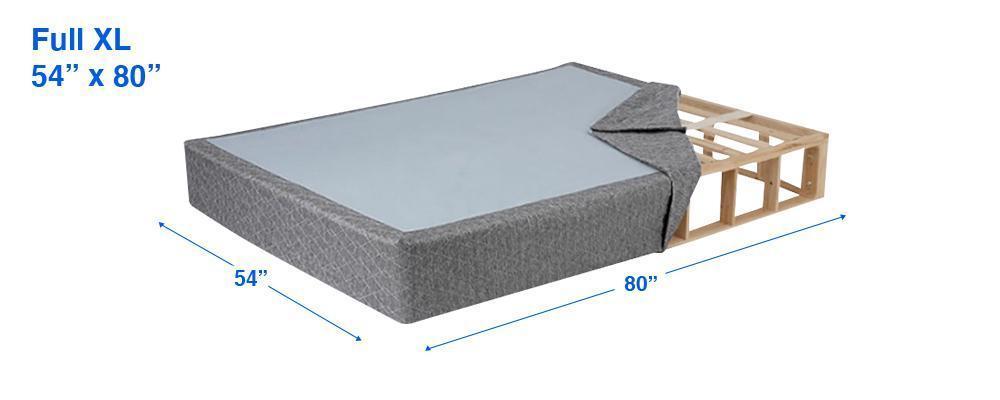





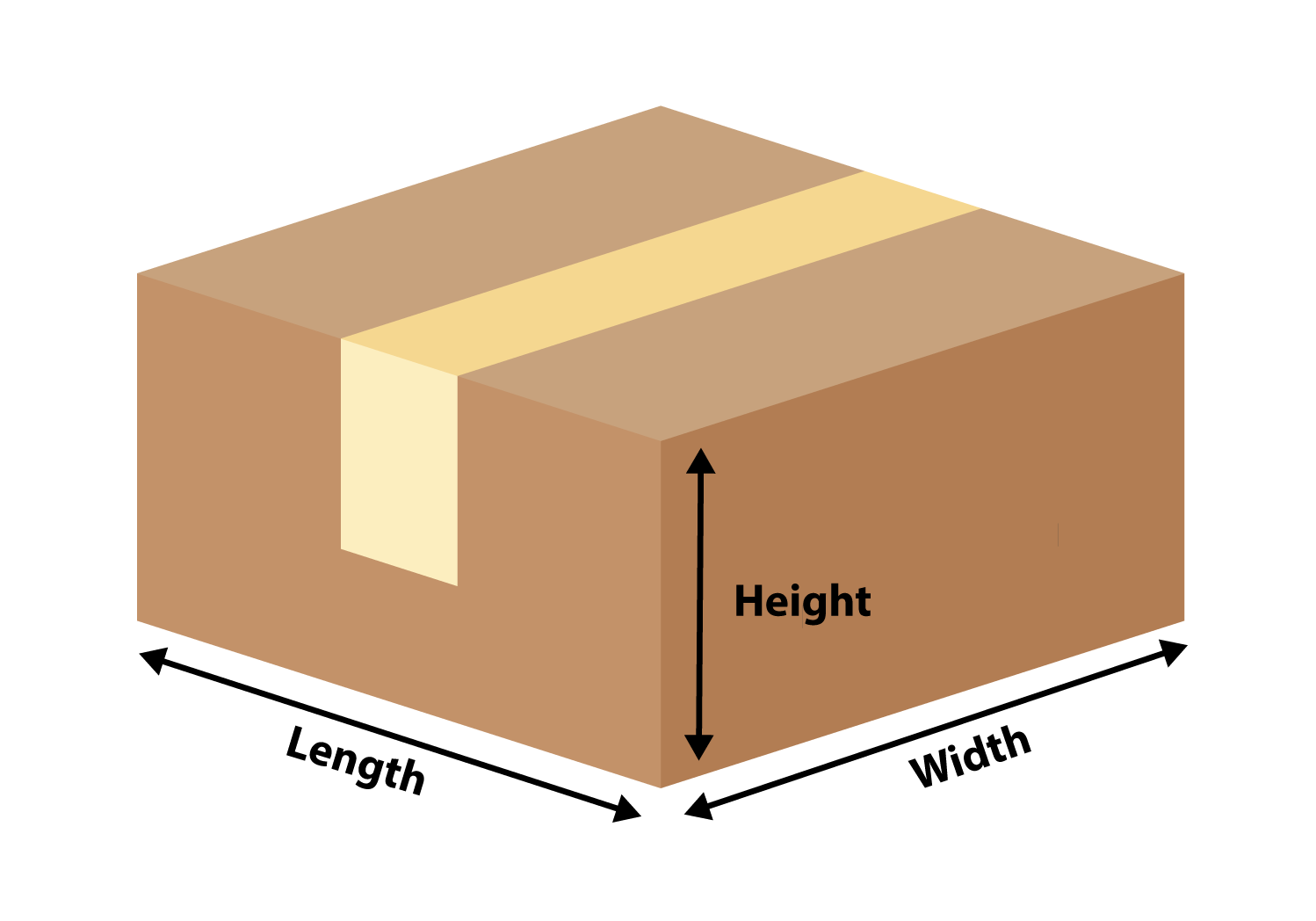







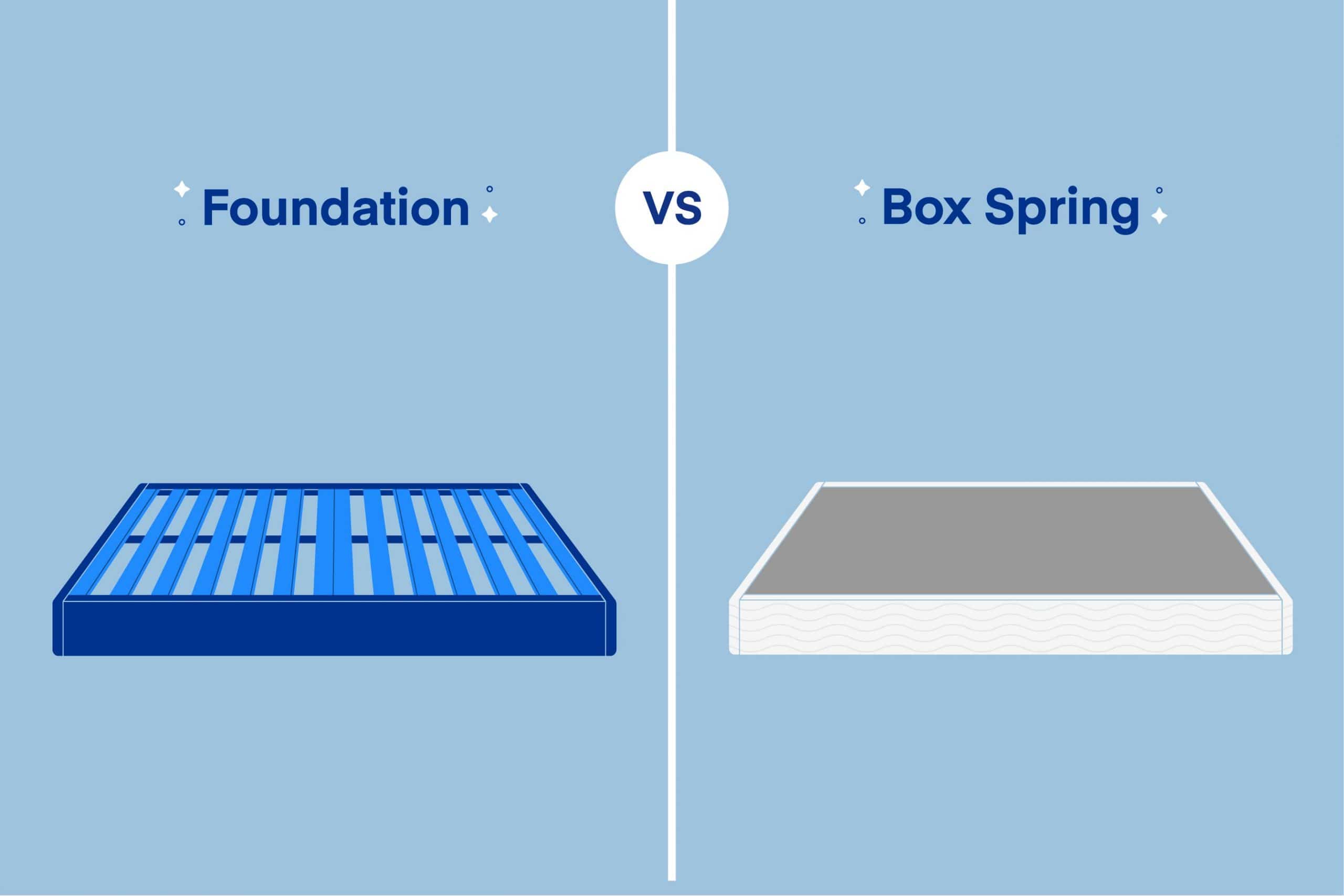
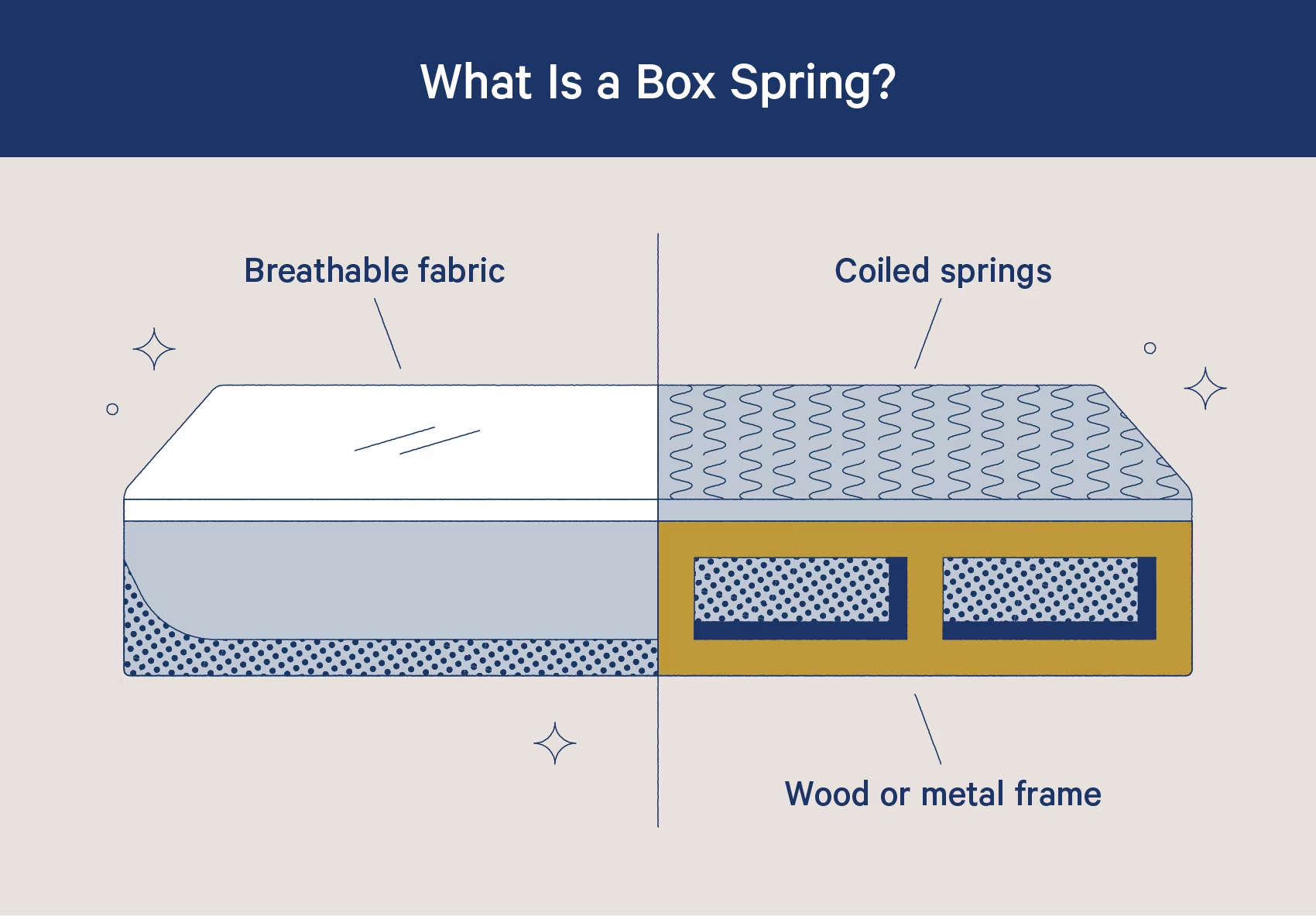
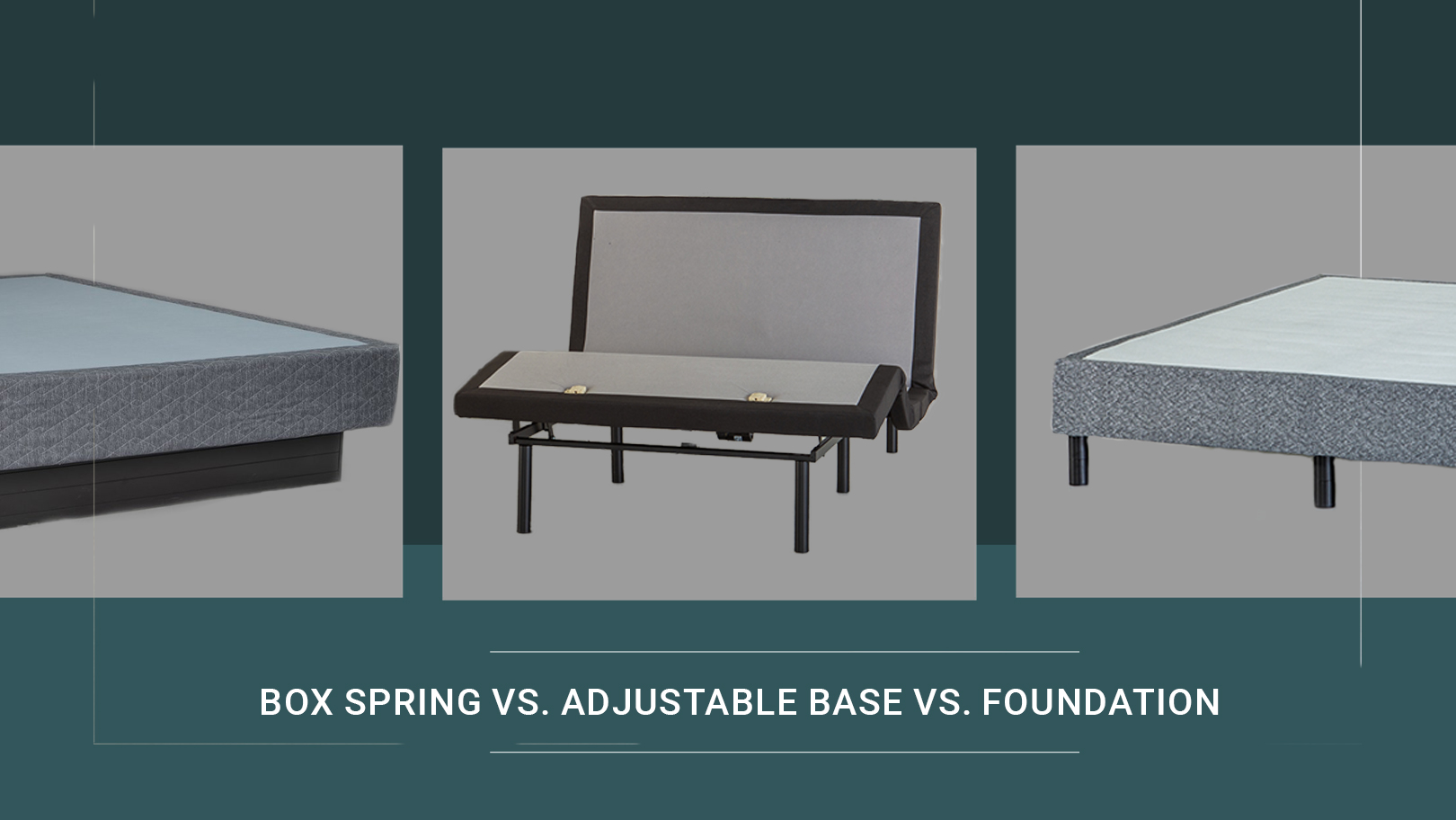
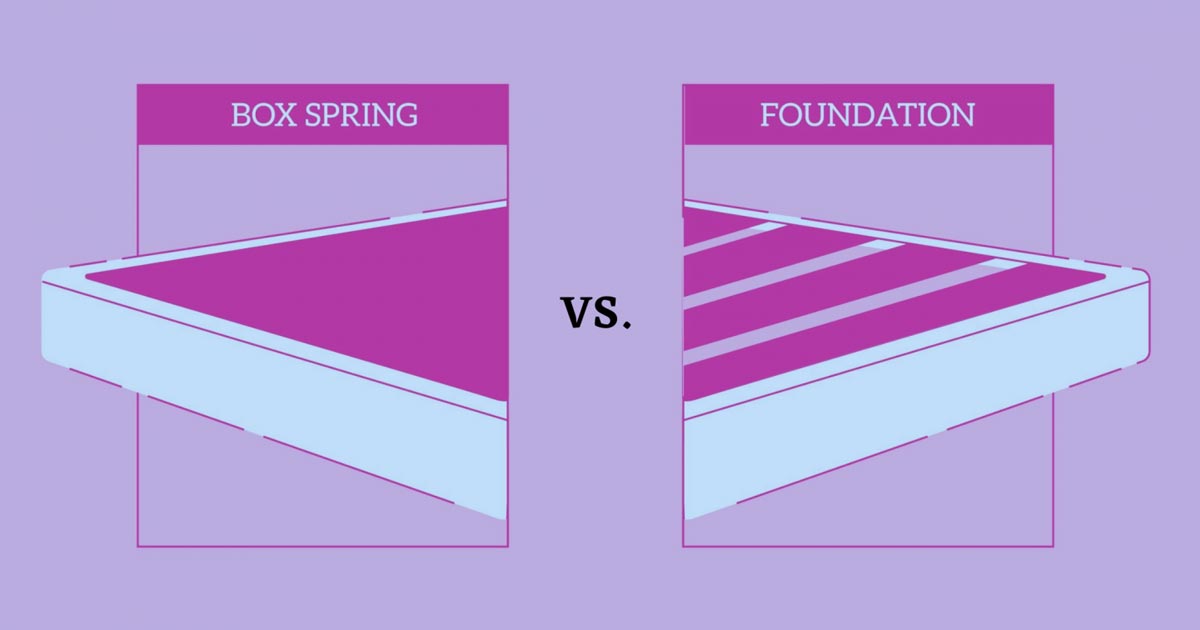
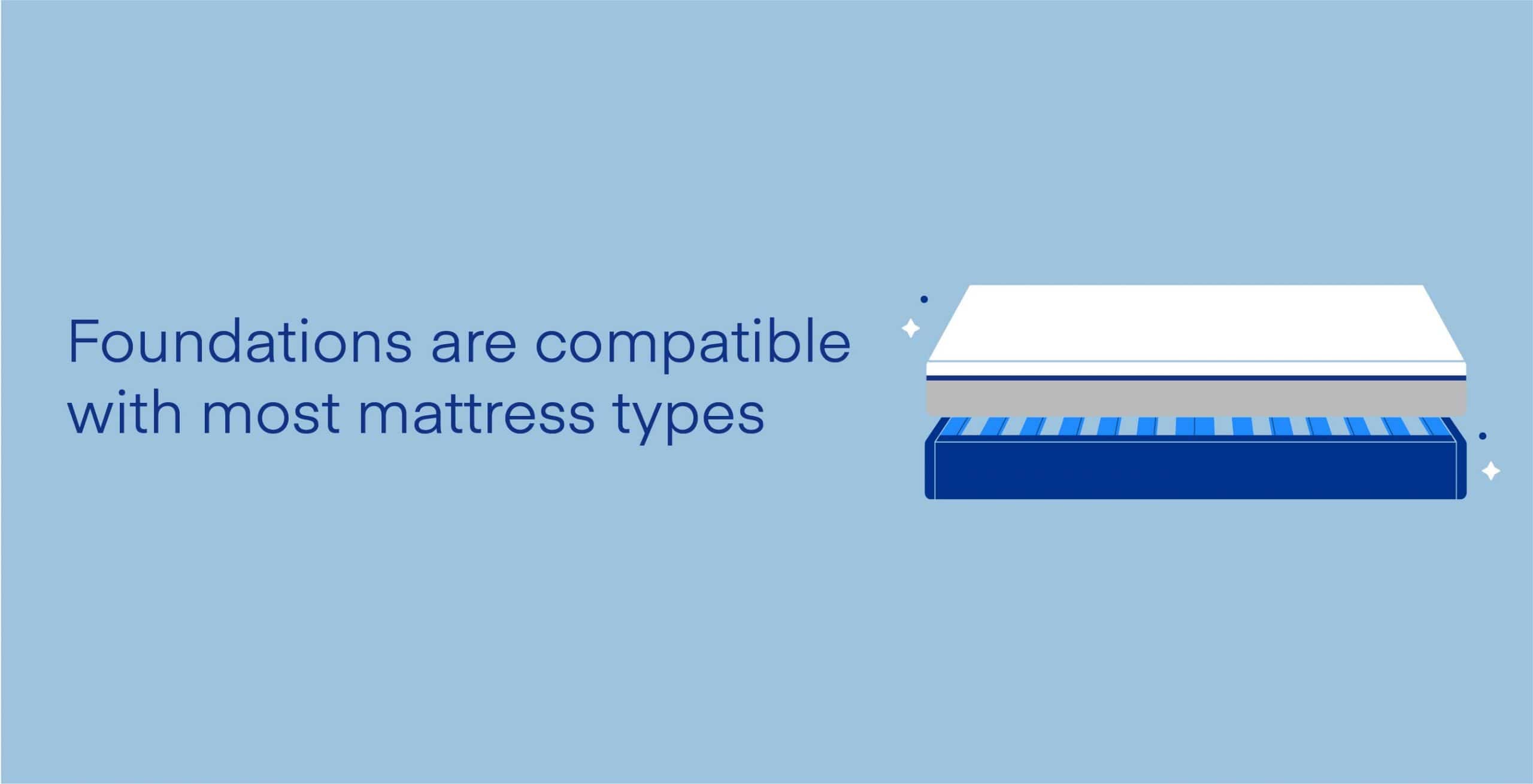
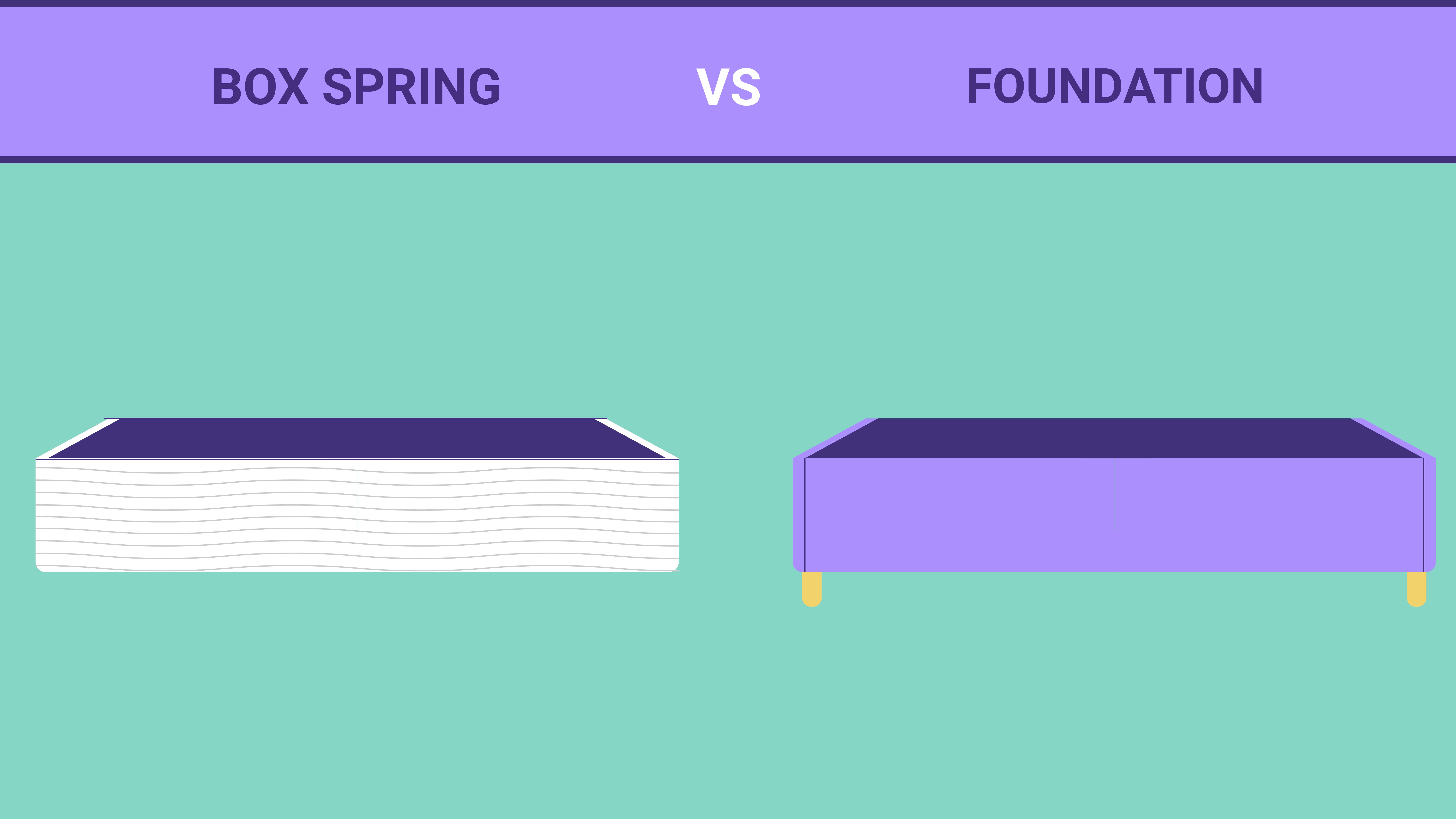



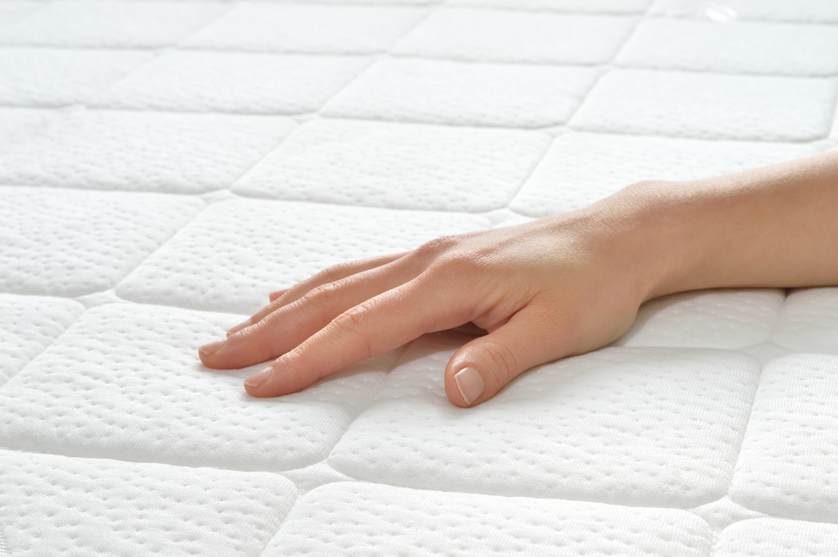


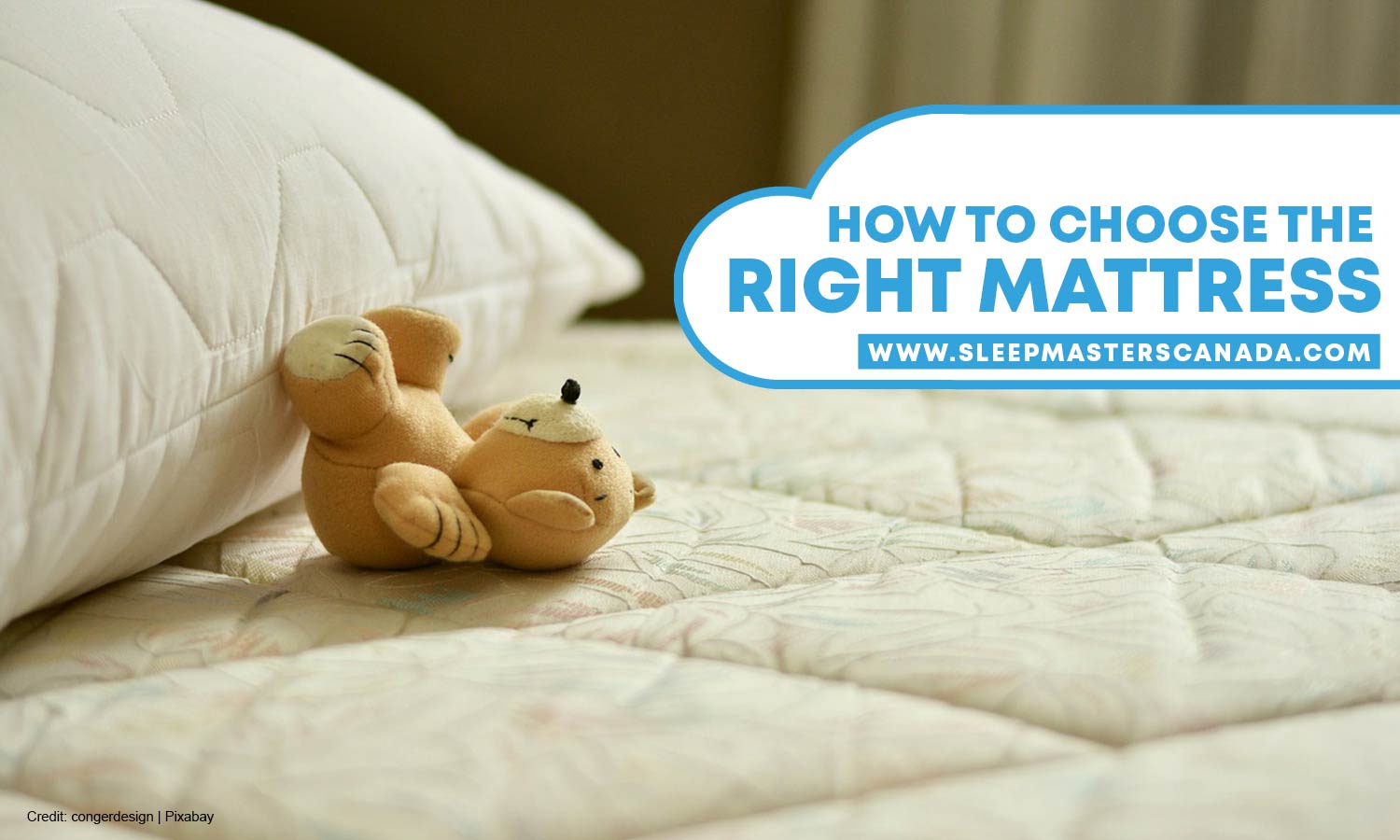




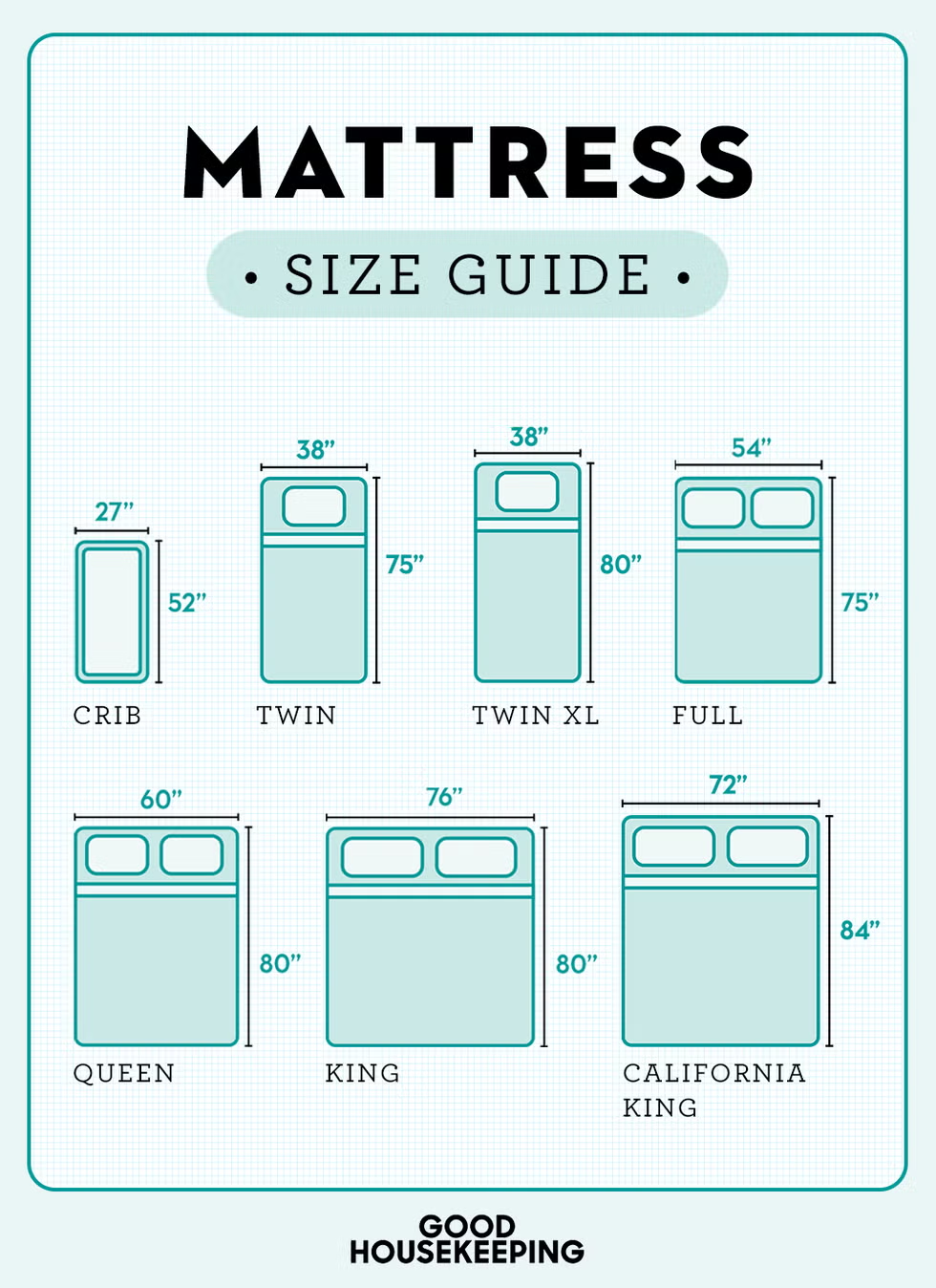
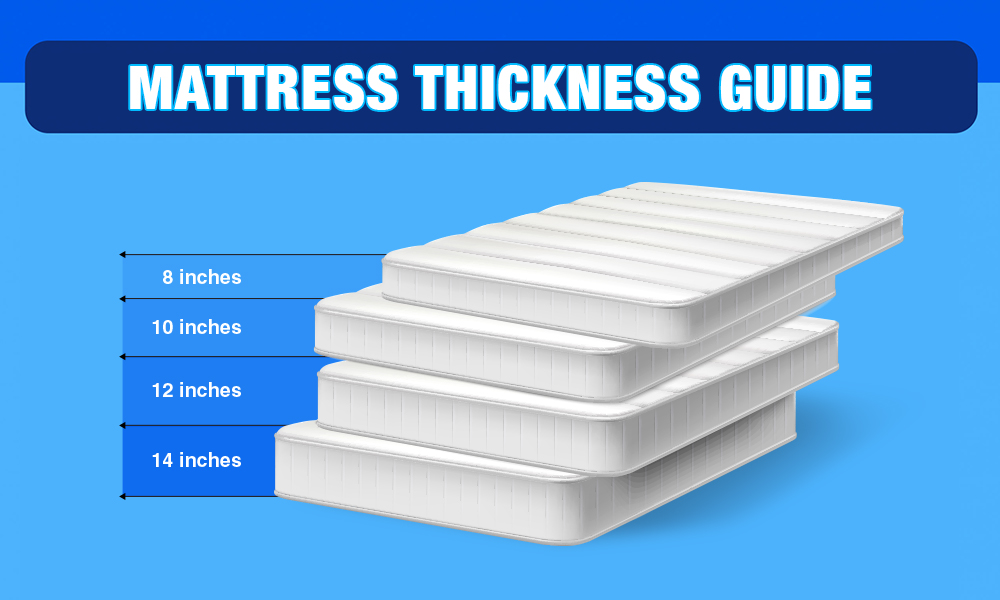
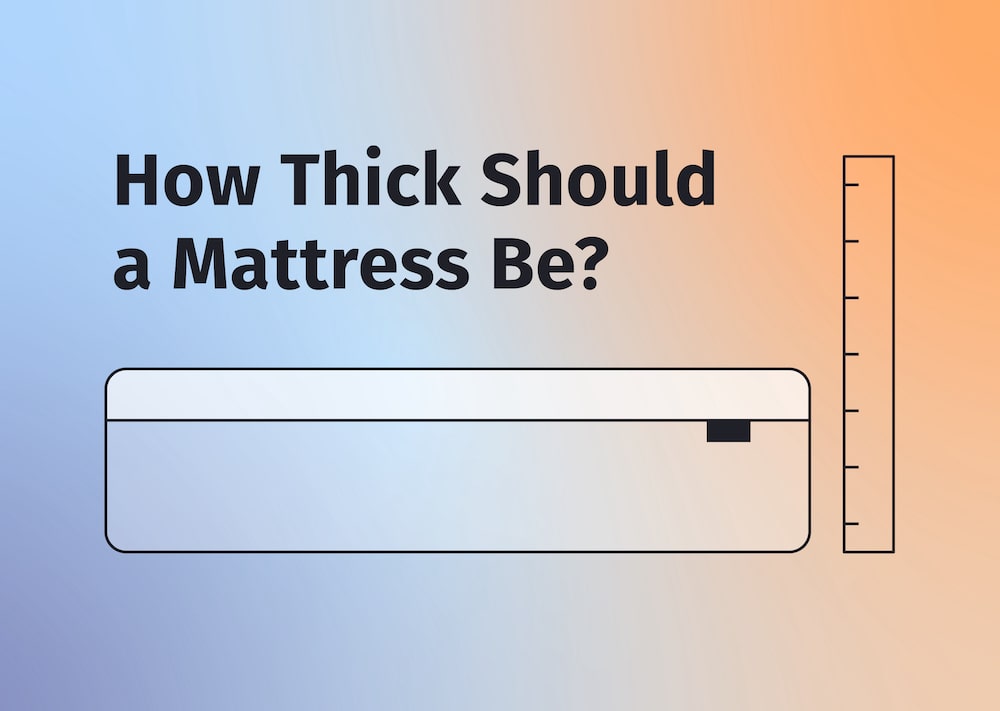




:max_bytes(150000):strip_icc()/SleeponLatex-b287d38f89374e4685ab0522b2fe1929.jpeg)

